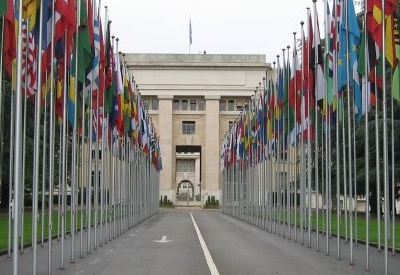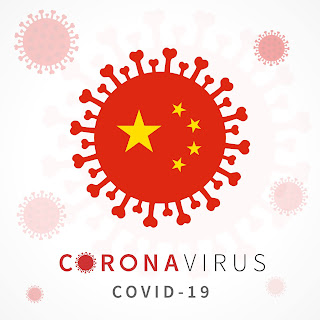Autocracies are challenging the (RBIO) rules - based international order
The preconception of autocracies is that they lack the desire or understanding of how to mobilise their civil societies to generate soft power in order to attract FDI (Foreign Direct Investment,) foreign students to universities, and talented individuals to further their technological goals. Democracies can manage this adeptly through basic human rights and those citizens eligible for voting privileges. Universal suffrage on its own merits is a significant draw. Some authoritarian nation states will use trade to draw on individuals to foster trade in order to expand their export base i.e. Xi Jinping's Belt and Road Initiative, Brazil and other Central and South American entities with produce, and Venezuela with energy exports. We can include pariah state - Russia as an energy exporter vying to fund their war against Ukraine and keep the brain drain out of Russia to a minimal.
Transnational actors are fuelled by the shift in ethnology that has left governments scrambling to counter issues such as climate change, terrorism, cyber security and changing demographics. Autocracies and democracies face the same challenges, though, Xi's China has imposed a COVID lockdown due to COVID that it is now weaning itself off. While China remains crucial to international trade, the central government will find the international community not so welcoming to those Chinese that will travel abroad despite the strict COVID measures.
China has a credibility gap regarding COVID as its vaccines: CoronaVac and Sinopharm have efficacy rates of 51% and 79%, respectively. Western pharm: Moderna and Pfizer claim a higher than 90% efficacy rate. Notwithstanding the reliability factor of western COVID vaccines, the central government refuses to adopt western mRNA's that are more effective. China's plan to reopen in 2023 is a positive sign that must be backed up with infection rates and death rate figures that can be authenticated, otherwise, the WHO (World Health Organization) must be given access to inspect, comprehensively, rural and urban centres for clarification of the situation on the ground. Therein lies the discrepancies of an autocrat super-power that has exports as a percent of GDP, quoted (TheGlobalEconomy.com) at 20.01% in 2021 compared to 130 countries at 43.3%. The central government can do more and Xi's Belt & Road Initiative is one of those measures to build trade through a new Silk Road. Despite China's socialist features regarding social measures, it is state capitalism that governs. In particular, the Communist Party of China (CPC.)
The Economist Democracy Index is published annually. The Intelligence Unit studies five criterion for establishing the listing of 165 countries. These criterion are electoral process and pluralism, functioning of government, political participation, political culture, and civil liberties. Uruguay, India, and Columbia are the worst offenders for 2021. Norway, New Zealand, Finland, Sweden, and Iceland are the top five rated democracies.
The Economist Global Liveability Index for 2021 lists Auckland New Zealand, Osaka Japan, Adelaide, Australia, Wellington, New Zealand, and Tokyo, Japan as the top five most liveable cities. Caracas, Venezuela; Douala, Cameroon; Harare, Zimbabwe; Karachi, Pakistan and Tripoli, Libya as the least desirable living destinations.
Soft Power states continually rule where an effective and independent judiciary, credible financial institutions, a fair and balanced legal system, affordable and accessible education, and industry that is globally competitive are hallmarks of how to attract the brightest individuals and FDI (Foreign Direst Investment.) Those nation states that ascribe to the rules - based international order can expect success and respect.
Freedom House notes that in 2022 that democracy is being challenged. In 2005, there were 83 countries that improved compared to 25 in 2021. 52 countries declined in 2005 versus 60 countries in 2021. Moreover, FH indicates those individuals living n a less free world in 2005 measured 17.9% in 2005 versus 41.3% in 2021. Those listed as "free"in 2005 accounted for 46% versus 20.3% in 2021. Pre COVID figures indicate a 40% free ratio, which was reasonable compared to 2005. Those "not free" suffered the biggest change as COVID flipped the script.
The biggest barriers to democracy remain in autocracies: Iran, North Korea, Myanmar, Nicaragua and Tunisia that remain problematic to human rights. Saudi Arabia is not accountable for the killing of Jamal Khashoggi. Russia is imperilling Ukrainian human rights with continual shelling of innocent civilians. Strengthening NATO through membership is an antidote to authoritarianism, particularly, with an ineffective UN in need of modernization as a vehicle for collective security. Democracies, such as the United States and Canada pose a risk to their citizens with weak gun laws. Canada's Supreme Court overturned a Conservative Party government edict that allowed for consecutive life sentences for convictions of multiple murders citing cruel and unconstitutional punishment.





